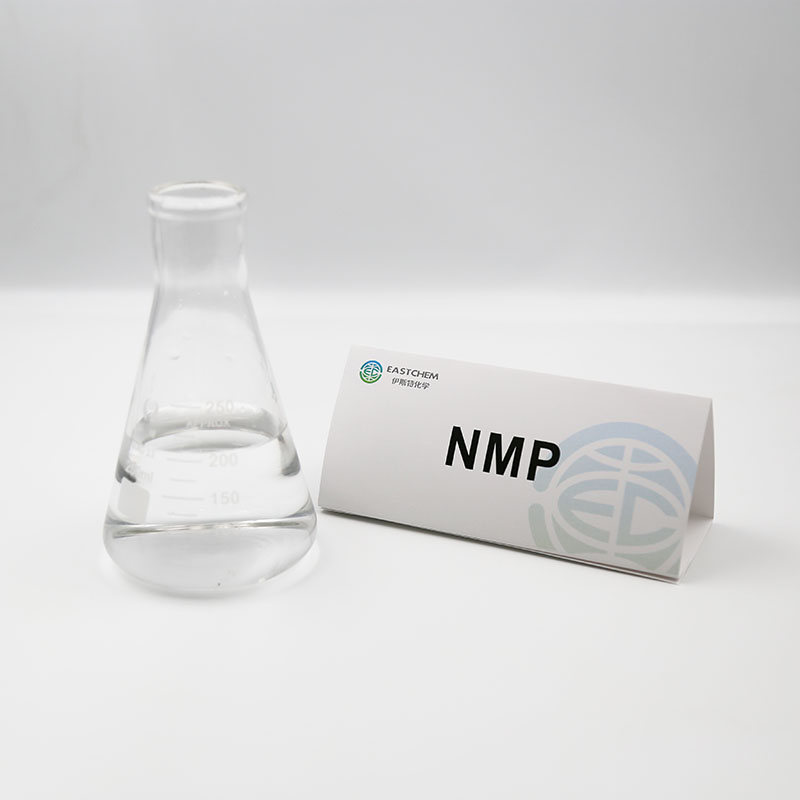N-Methylpyrrolidone plays a key role in lithium battery manufacturing
N-methylpyrrolidone, due to its unique chemical properties, plays an indispensable role in the manufacturing process of lithium batteries. As a polar solvent with a high boiling point, NMP not only has good solubility for a variety of organic materials, but also can be stably present in all stages of battery production, thus becoming a key component in the preparation of lithium battery electrodes.
Preparation of electrode slurry
In the production of lithium batteries, the first step is to evenly mix the active material, conductive agent and binder into electrode slurry. NMP plays the role of dissolving the binder (such as PVDF) here. Through the dissolving effect of NMP, it can be ensured that these substances can be evenly dispersed in the solvent to form a slurry with moderate viscosity and good fluidity. The quality of this slurry directly determines the performance of the electrode, which in turn affects the performance of the entire battery.
Coating and drying process
The prepared electrode slurry will then be coated on copper or aluminum foil. In this process, the low volatility and high boiling point characteristics of NMP are particularly important. Because these characteristics ensure that NMP will not evaporate quickly during the coating process, so that the slurry can be evenly distributed on the current collector. The coated electrode sheet needs to be dried to remove most of the NMP solvent in preparation for the subsequent calendering and cutting processes.
Environmental protection and recycling issues
Although NMP plays a key role in lithium battery manufacturing, its use also brings environmental and health concerns. NMP is toxic and volatile, and long-term exposure may pose a threat to the health of production line workers. Therefore, the lithium battery manufacturing industry is seeking more environmentally friendly alternatives or improved recycling technologies to reduce the environmental impact of NMP. At present, pure solvents can be effectively separated from used NMP through methods such as distillation, which can be recycled to reduce production costs and environmental pollution.
Future Outlook
With the increasing global demand for clean energy, the lithium battery industry has broad development prospects. As an indispensable part of lithium battery manufacturing, NMP's application is also being optimized and upgraded. Researchers are exploring more efficient and environmentally friendly new solvents to replace NMP, or developing more advanced recycling technologies, in order to reduce the impact on the environment while ensuring the performance of lithium batteries.
The application of NMP in the field of lithium batteries is crucial, and it plays a core role from the preparation of electrode slurry to the final battery assembly. However, with the increasing awareness of environmental protection, finding alternatives to NMP or improving its use and recycling methods will become an important development direction for the industry in the future. So, how will the future lithium battery industry balance the relationship between performance improvement and environmental protection? This is a question worthy of deep thought for all practitioners.
